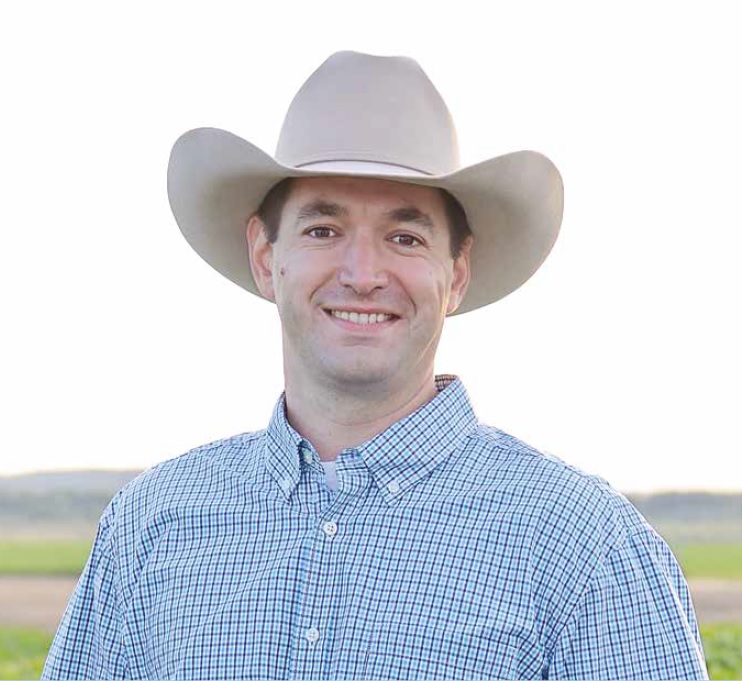It’s a horrific reality for Montanans to consider, but human trafficking takes place every day in our state. The odds are most of you have seen it but didn’t know.
Last month, a man involved in a sex trafficking ring in Billings was sentenced to nearly 27 years after exploiting vulnerable victims for nearly a decade – plying them with drugs and alcohol to create addictions and then forcing them into commercial sex. The operation also led to the tragic death of one of the victims. Four other men were sentenced for their role in this criminal enterprise.
In June, in a case led by our Department of Justice human trafficking agents, another perpetrator was found guilty of multiple drug and human trafficking crimes and will face at least 27 years in prison. He transported a 19-year-old girl to Colorado where he sold her for commercial sex and sexually assaulted her. He also kidnapped two girls — one from the Crow Reservation and one from Billings — for the purposes of sexually assaulting them.
Thankfully, these criminals are being held accountable for their reprehensible actions. However, they represent just two of the human trafficking cases that we’re aware of. The number of suspected cases tracked by the Montana Department of Justice went from 7 in 2015 to 68 in 2021, an increase of 871 percent. More awareness among the public leads to more reported cases, but the numbers point to a deep-seated problem. It’s a problem we can’t afford to ignore — there are victims right now who need relief from their oppressors and deserve justice.
That’s why as Attorney General I’ve made it a priority to eliminate human trafficking. Across the Montana Department of Justice, we are committed to finding these dangerous predators, holding them accountable, and fighting for the people who are targeted because of their vulnerabilities.
During my first year and a half in office we have already taken several steps toward our goal to eliminate this heinous crime in Montana. Our Prosecution Services Bureau is now providing training for county attorneys to help them recognize trafficking cases that come across their desk. At the Montana Law Enforcement Academy, we’ve enhanced training so that all local, state, and tribal law enforcement officers entering the field know how to spot human trafficking. All uniformed Montana Highway Patrol troopers are now trained on identifying and responding to human trafficking cases.
In response to the increase in cases, the 2019 Legislature passed a bill that created a two-person human trafficking enforcement team within the Department of Justice. That was a good start — and these agents have done fantastic work since then — but it’s not enough. In the next legislative session, I will be asking our lawmakers for additional agents dedicated to the fight against human trafficking.
To make Montana a truly hostile place for human traffickers, the Legislature will also need to look at our criminal code. Specifically, giving more teeth to the statutes to prosecute and crack down on the criminal trafficking enterprises that are profiting from the suffering of others.
In the meantime, I will continue my efforts to bring anti-human trafficking organizations and regional task forces to the table to work with government agencies and law enforcement to improve resource coordination, identify gaps in services, and explore additional policy proposals.
You don’t need to wait for the Legislature to play an important role in the fight against human trafficking. Learn the indicators and commit to reporting suspected cases to law enforcement. As Montanans, we typically don’t like sticking our nose into other people’s business, but your phone call could save a life. If you notice any indicators of human trafficking don’t hesitate to call 911 in an emergency or 833-406-STOP in a non-emergency situation. If possible, take pictures of the trafficker, victim, and vehicle license plate, but do not intervene and remain at a safe distance.
Human trafficking and sexual slavery will not go away if we turn a blind eye. We must continue to work together to eliminate these crimes in Montana.

